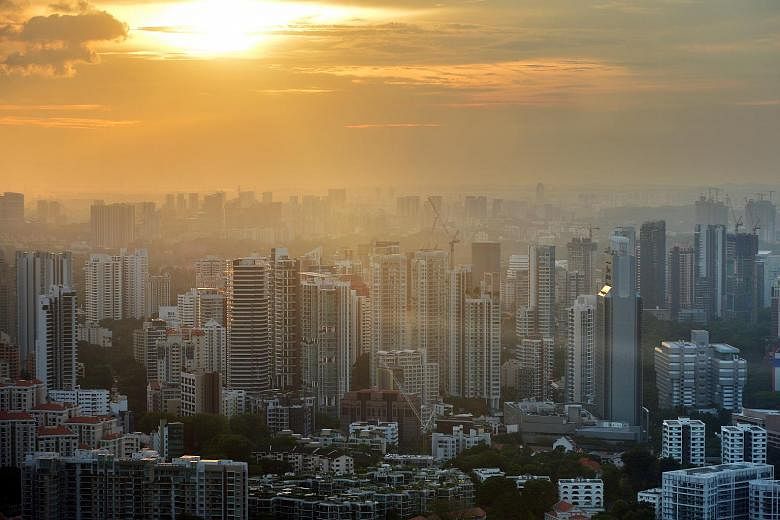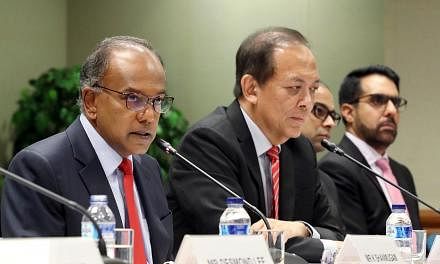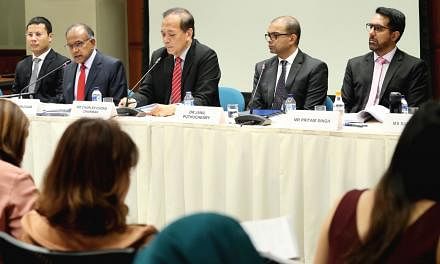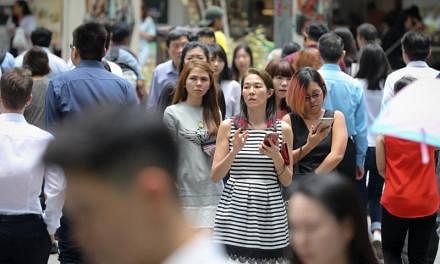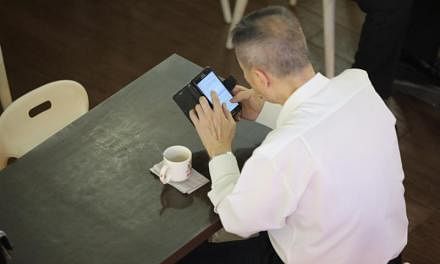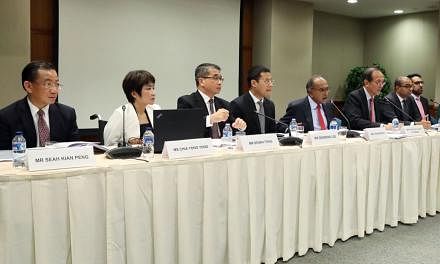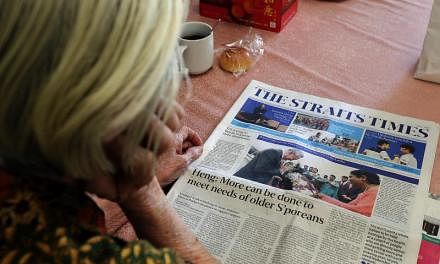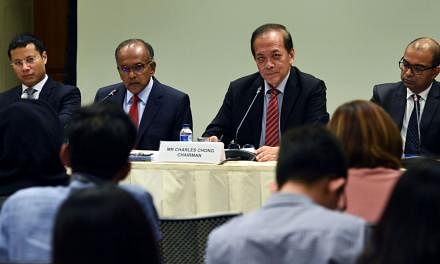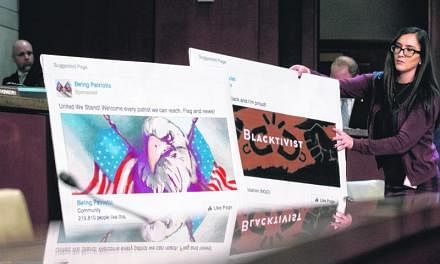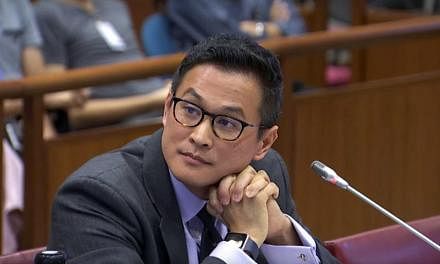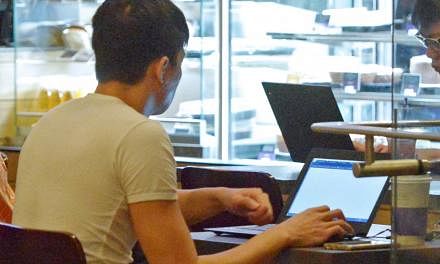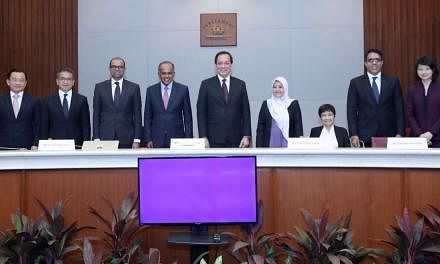A recurring theme in the Select Committee hearings on the issue of deliberate online falsehoods has been that Singapore is particularly vulnerable to the problem.
Many, from experts in national security and public policy to religious and community leaders, have warned about the ready-made fault lines in racially and religiously diverse Singapore that can be exploited by those with bad intentions.
The high level of Internet penetration and Singaporeans' love for life online can also help falsehoods go viral.
But a law don yesterday invited the committee to look not just at Singapore's vulnerability, but also its resilience.
"We hear of many foreign examples of falsehoods being perpetrated, but I think we need to better understand the ecosystem in Singapore. What is it that makes Singapore and Singaporeans more susceptible to falsehoods?
"Despite the various incidents that involve local cases, we have not been badly affected, and that points to something that speaks of some level of internal resilience," said Singapore Management University associate professor Eugene Tan, who proposed more research into this.
There have been no lack of examples cited over the seven days of hearings of tweets and Facebook posts that have inflamed tensions, incited violence and influenced election results.
In comparison, false news does not seem to have gained as much traction or caused as much damage here.
Prof Tan's sentiments were brought across by examples cited by two other speakers yesterday. While their experiences should not be trivialised, their cases are relatively benign and did not end in riots.
Mr Prakash Kumar Hetamsaria was one such victim here. In November 2016, his picture was used erroneously by website All Singapore Stuff along with an article about a new citizen who was planning to give up his citizenship.
He posted a rebuttal on his own Facebook page and made a police report the following day. A day later, his picture was removed.
But the incident had nonetheless caused him and his family hurt, he said, adding: "It is hard to take this kind of fake news. For the first two days, I was disturbed, but I decided I should ignore it and not spend time on it. I feel there should be legislation to protect the common man."
Mr Raja Mohan, meanwhile, had just a few weeks ago witnessed how a false report on the death of a famous 1970s singer greatly upset elderly residents, who wept when they first heard about it.
"When we found out it was fake, we told them... They couldn't believe it - they wanted to go to his house to check," he said.
That the Singapore-specific examples thus far have not led to more serious repercussions points to the country doing something right, said Prof Tan.
This has happened despite some of the conditions in the country being ripe for exploitation by purveyors of falsehoods.
Military and national security experts have warned at the hearings of Singapore's vulnerability, and said that the seeds of information wars may already have been sown here. This has been meticulously explored, as it should be.
But there is also merit in looking at what has gone right, which can inform the committee of what already exists in Singapore's arsenal and what other weapons are needed.
As has been seen in the past few days, it is precisely what is done in prevention - or not - that is the bone of contention, but as Prof Tan suggests, we also don't want a situation where new counter-measures weaken our innate ability to spot a fake and make the right judgment calls.

